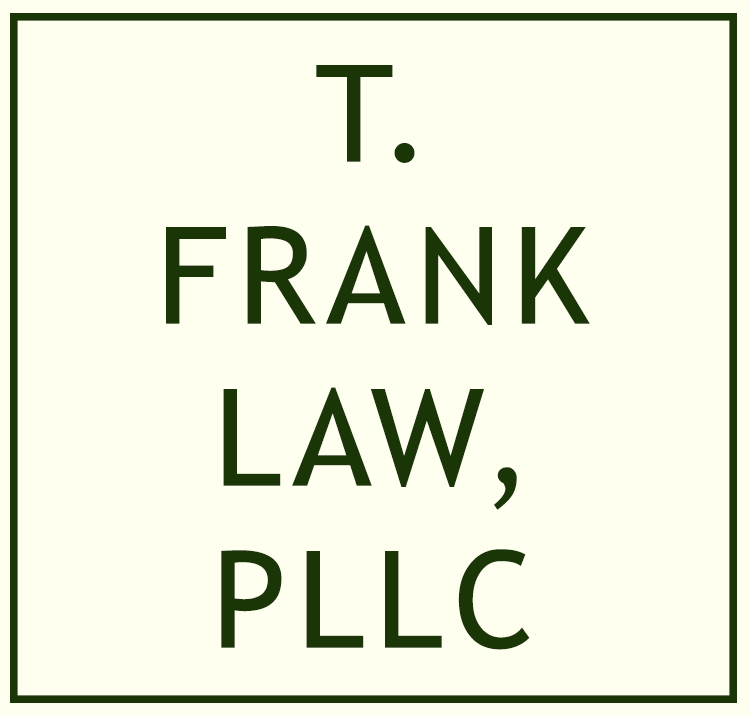Guest Blog Post: SJC: MassHealth Also Subject to the same MUPC Time Limitations as any other Creditor By Joseph N. Schneiderman, Esq.
On December 28, 2020, the SJC decided Estate of Kendall v. MassHealth, SJC-12881, 486 Mass. (Slip Op.) The SJC held that MassHealth could not recover benefits more than three years after a decedent’s death under the Uniform Probate Code.
Ms. Kendall died in 2014 owning real estate in Gloucester that passed to her family who continued to own and rent the property. In May 2018, one of her heirs petitioned for late and limited testacy, as more than three years had passed, and notified MassHealth, as required by law. In September 2018, MassHealth presented a $100K claim within months of the Kendall family’s decision to sell it. Litigation ensued (including an affidavit of objections) in the Probate and Family Court.
On cross-motions for summary judgment, a judge there reported the case to the Appeals Court and the SJC transferred the case on their own motion. Argument took an unusual course; counsel for Kendall shared her argument time with counsel for friends of the court (amici curiae) on behalf of the Massachusetts Chapter of the National Academy of Elder Law Attorneys about the broader implications. During arguments, the Justices seemed concerned about two equally unattractive extremes: (1) estates gaming the system or (2) the Commonwealth dragging its feet to recoup benefits.
A unanimous Court held that the Uniform Probate Code’s absolute three-year time limitation on claims applied to MassHealth. The Court recalled that the Uniform Probate Code’s (MUPC) function was to spur the “speedy and efficient system for liquidating the estate of the decedent and making distribution to the decedent’ successors.” G.L c.190B, §1-102. To accomplish that, Section 3-108 absolutely forbade informal probate proceedings, testacy, or appointment proceedings more than three (3) years after a decedent’s death-subject to certain limited exceptions. Section 3-803 gave creditors one year to pursue claims-but could seek in certain circumstances to reopen estates to pursue them.
MassHealth was a priority creditor under the MUPC and had statutory exemptions from the one-year claim if a decedent received inpatient care in a nursing facility. Specifically, under G.L. c.118E, §32, MassHealth could present a claim within four months of filing a bond, designate a public administration more than one year after the fact, and if an estate did not notify MassHealth, a beneficiary could be liable to them.
Against this background, the SJC concluded that MassHealth was just as subject to the three-year limitation period as any other creditor. First, the time limit in the MUPC was akin to a statute of repose-an absolute outer limit to bring a claim not subject to tolling or extension. Second, when the Legislature wanted to create special prerogatives for MassHealth, they knew how to do so and had done so elsewhere explicitly and had not done so in Section 3-108. To hold otherwise would thwart the purpose of the statute to spur the speedy and orderly administration of estates.
Moreover, the ruling would not thwart MassHealth’s ability to recover. MassHealth could still present a claim even after three years if a personal representative was appointed before the outer repose of Section 3-108. Indeed, MassHealth could learn about deaths even without receiving the formal notices otherwise required by law. Estates were also ultimately ill-suited to effectively game the system because delaying probate would delay their ability to enjoy their inheritances because title would be clouded-which the Legislature considered and balanced. Finally, nothing in federal law forbade placing a time limit. MassHealth was therefore, unfortunately, out of luck and out of time qua recovering against the Kendall’s Estate.
This case is another landmark probate case where the SJC has struck a thoughtful balance. On the one hand, estates cannot game the system less they thwart the ability to enjoy their inheritances. On the other, MassHealth must be diligent and the Legislature has not carved out a special exception just for them-the MUPC treats them just like any other creditor and if the Legislature wanted to carve out an exemption for MassHealth, they could have.
The SJC suggests though that Legislature could change the rules in this realm if there is imbalance-i.e., MassHealth pointing out that people are benefitting and overburdening their coffers. Estate lawyers will need to carefully discuss with clients the benefits and costs of taking MassHealth-including the problem of waste of inheritances by delay.
A related case has just reached the SJC-Suburban Home Health Care v. Executive Office of Health and Human Services, SJC-13051-that case involves whether there is a statute of limitations to recoup benefits from a provider. The case is fully briefed-but likely will not be scheduled until March or April-and will be an interesting follow-up to this one.
Joseph N. Schneiderman, Esq. is an appellate attorney who can be reached at connlawjoe@gmail.com. Joe is arguing in the SJC again on January 6 and recently hosted a Real Estate Jeopardy game for the Hampden County Bar Association in December which included a category on Estate Planning. Joe thanks Tim for another opportunity to collaborate.
